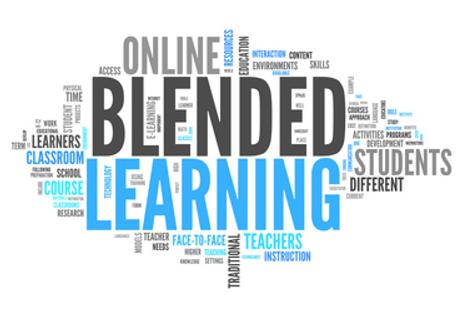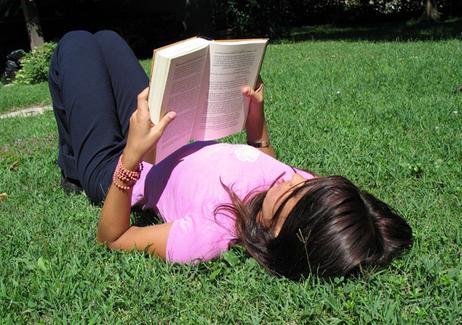A couple of years ago I wrote 5 Ways to Support Your School in which I examined the ways you can support your school financially. That article was aimed at private school graduates and discussed how they could support the school which had given them such a good start. Now let's look at how parents can get involved with their child's school.
The old standbys still exist. Helping chaperone a field trip and bringing in a plate of cookies or cupcakes are still welcomed. Mind you, these days you have to make sure that you have liability insurance for the trips and must take care to avoid ingredients that might cause an allergic reaction, such as peanuts. Once those matters have been dealt with trips and cookies are always popular.
Why get involved?
Aren't you busy enough? You have a full-time career. Your wife's job requires her to travel frequently. How on earth are you going to find time to be involved with your child's school? Practical excuses aside, you want to be involved with your child's school to show your support for the school and its programs.
This event at The Hockaday School, Dallas Texas, was made very memorable because of all the parents who attended.
I served on my youngest daughter's class parents committee. If I remember correctly, we met once a month. We were charged with raising money to buy


























